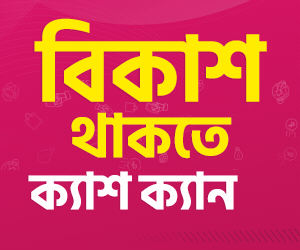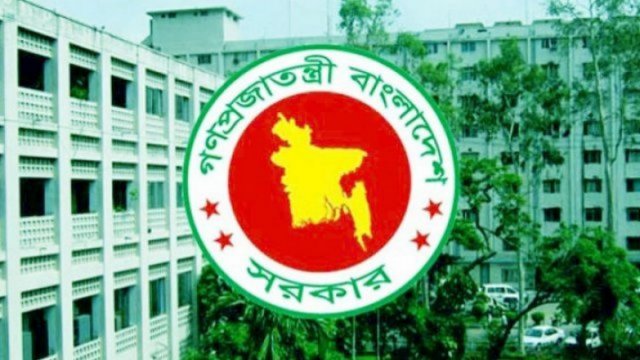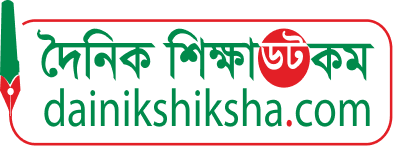The government on Thursday banned the organisational activities of Bangladesh Jamaat-e-Islami and its student front Bangladesh Islami Chhatra Shibir.
The Home Ministry issued a notification banning Jamaat and Shibir in the afternoon.
The ban of the Islamist political party came unde clause 18 of the Anti-terrorism Act 2009.
The Awami League government has been accusing infiltration of militants from Jamaat and Chhatra Shibir in the students' quota reformation after the movement turned violent leaving many dead and key structures damaged.
Earlier, Law Minister Anisul Huq said the file regarding the banning of Jamaat was sent to the Home Minister with the Law Ministry’s vetting.
On Monday, the Awami League-led 14-party alliance unanimously recommended banning Jamaat-Shibir during a meeting with Prime Minister Sheikh Hasina at Gonobhaban.
This is the second ban on the party that opposed the Liberation War of Bangladesh in 1971 and its members collaborated with the Pakistani army in the killings.
After Bangladesh’s independence, the government applied article 38 of the 1972 Constitution to ban Jamaat on grounds of the party’s misuse of religion for political purposes.
Since the central theme of Jamaat-e-Islami's politics was religion, the party's organisational existence effectively disappeared in independent Bangladesh.
However, the scenario began to change after assassination of Bangaabandhu Sheikh Mujibur Rahman in 1975.
On May 3, 1976, President A.S.M. Sayem issued an ordinance that repealed the article 38 of the Constitution, lifting the ban on religion-based politics.
Jamaat-e-Islami did not immediately re-emerge under the name Jamaat-e-Islami. Instead, they opted for a different political party.
On August 24, 1976, Jamaat-e-Islami and several other religion-based parties formed a political platform named Islamic Democratic League (I.D.L.). Members of Jamaat-e-Islami joined this party and entered politics.
Under the banner of the Islamic Democratic League, several leaders of Jamaat-e-Islami participated in the 1979 elections and won six seats.
Through this election, Jamaat-e-Islami leaders entered the parliament of independent Bangladesh for the first time.
On May 25, 26, and 27, 1979, a convention of the party was held at the courtyard of Eden Hotel in Dhaka and a new constitution was approved at this conference.
Based on it, on May 27, 1979, Jamaat-e-Islami began its activities in Bangladesh with a four-point programme.
Since then, Jamaat-e-Islami has held meetings and gatherings in various places across the country, including Dhaka.
After the fall of General Ershad, Jamaat-e-Islami won 18 seats in the parliamentary election held in 1991.
The then-BNP formed a government with the support of Jamaat-e-Islami. Without the support of Jamaat-e-Islami, it would not have been possible for the BNP to form a government.
From then on, Jamaat-e-Islami became significant player in Bangladesh’s politics.
Jamaat after 2008
In the general elections held in Bangladesh at the end of 2008, the Awami League won an absolute majority.
Then, according to the election promise, the trial of those accused of crimes against humanity during the Liberation War in 1971 began.
Many top leaders of Jamaat-e-Islami, including Ghulam Azam, were convicted in the trial. Ghulam Azam was sentenced to 90 years in prison.
Ghulam Azam died in jail.
Motiur Rahman Nizami and Ali Ahsan Mohammad Mujahid, among others, were sentenced to death.source: unb







